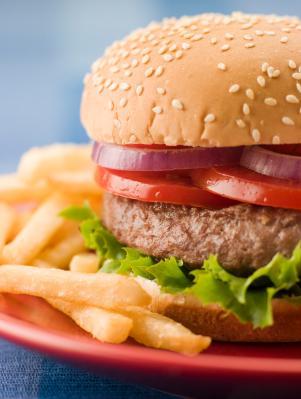3 Reasons Why Chewing Slowly Is Better For You
|
Reading time: 2 minutes
|

Many Americans these days are cooking less often and instead, going out to get fast food. Why so many Americans eat at places like McDonalds isn’t known to me, but I would assume it is either due to a lack of cooking skill, or simply because it is convenient. Whatever the case may be, fast food has changed the way we eat quite significantly.
Many of us tend to eat our food while barely tasting it. This does not only take away from the enjoyment from eating the food, but it also has some negative health outcomes. Here are three reasons why chewing your food slowly is better for you.
Improves Digestion- Chewing slowly helps break down the food in your mouth, where digestion actually starts. The more the food is chewed the easier it is for your stomach to further breakdown the food. Also, taking that additional time to eat your food means that you’re not eating an entire meal in about 5 minutes and your stomach is able to handle the food now that there is not as much of it at one time.
You’ll enjoy your food– Many brand name foods are actually engineered to only taste good after a few bites. After about 3 bites the food begins to taste bland, leaving you wanting more. However, natural foods will continue to be appealing to your taste buds because they are not necessarily engineered. Additionally, you will begin to appreciate the food for not only the taste, but things like the texture of the food.
Lose Weight– That’s right, chewing slowly actually helps you lose weight. Why? Well when you eat food it takes about 20 minutes for your stomach to send a message to tell you that you are full. By eating slowly it gives you time to register that you’ve eaten enough and should stop. This prevents you from over-eating and actually makes you eat less food, but you feel even fuller than if you would have stuffed yourself in 5 minutes. Also, you end up feeling full for longer.
Information provided on this website is for general purposes only. It is not intended to take the place of advice from your practitioner







